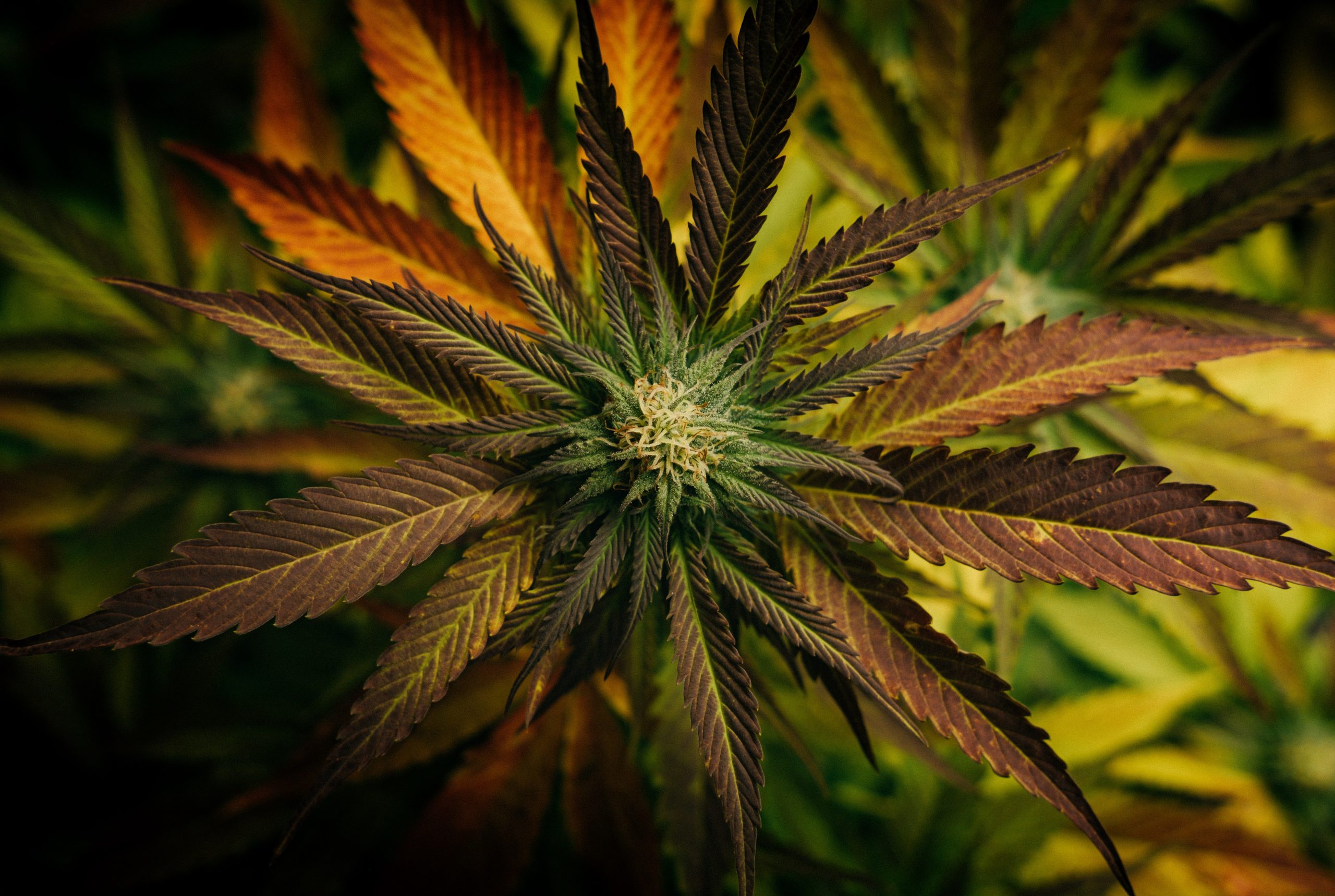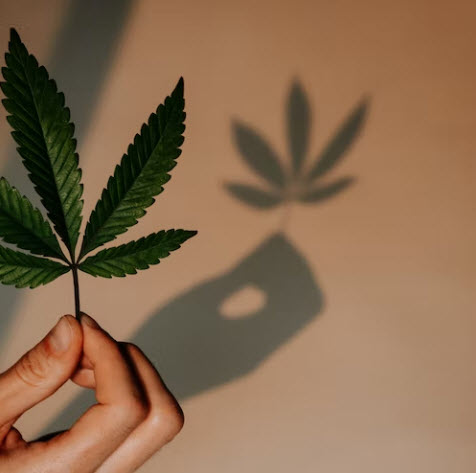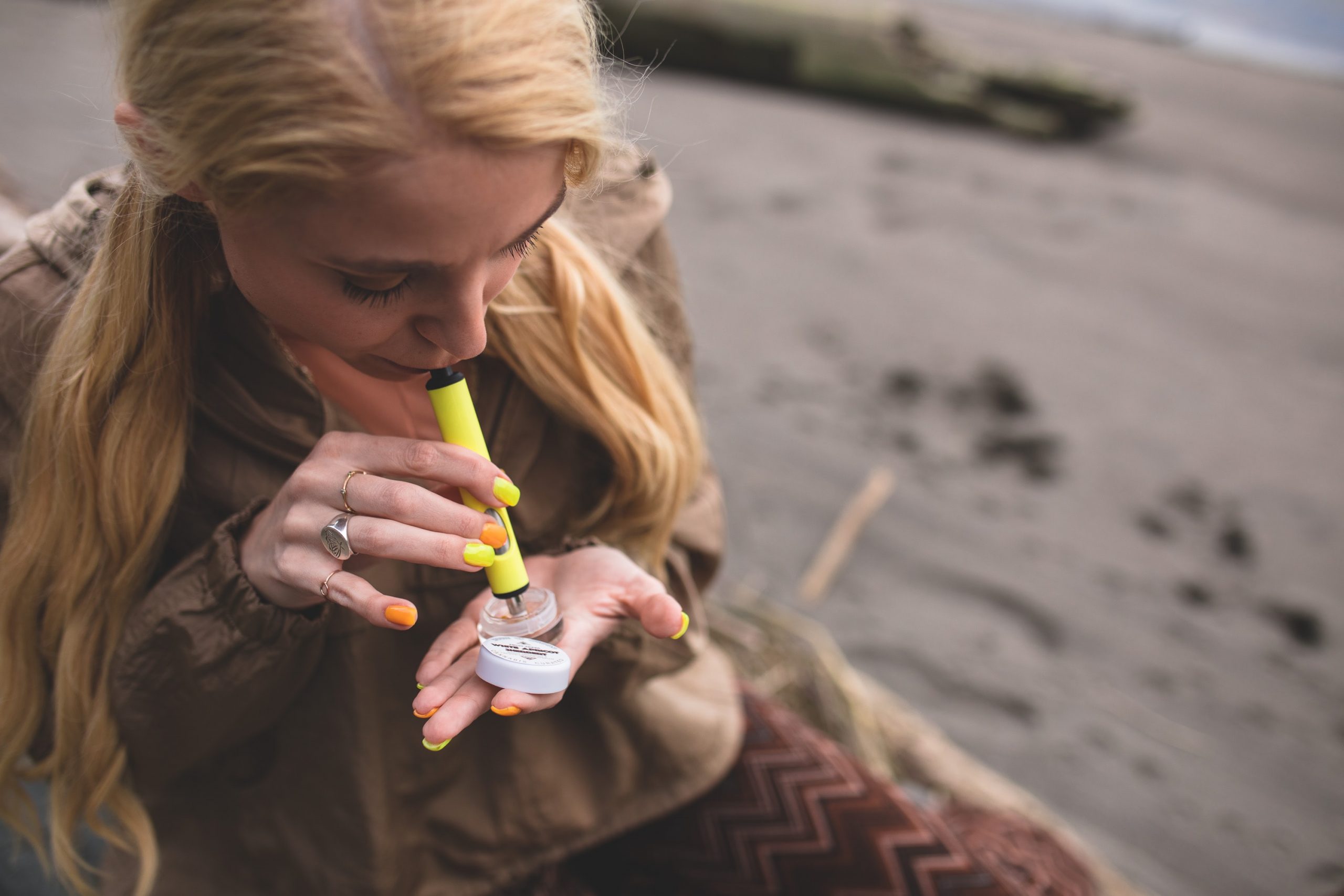There are many examples of “new” food products being introduced into the European food lexicon – see the newest larval addition in Mealworms. So what is the deal with cannabis?
Cannabis, for those unfamiliar with the plant at this point, is facing a regulatory hurdle in the EU that is being challenged on multiple levels (federal, state and municipal beyond the intra-country regs). This is no surprise to anyone in the industry. Novel Food, “narcotic” designation for CBD, plus the entire conversation about what THC does exactly, and for whom, and what to call it, have bedeviled the nascent industry here for the last several years.
Certainly in part, this has been caused by the zeal of consultants who want to make sure that their new canna clients are not caught out on the hop. And EU-BIO just sounds, so, like boring.
Regardless, for all the disasters of both the company and government kind, there are several reminders of late of how hard the road has been so far – and what still lies ahead. Nowhere, for example, has the fight for inclusion and production of a novel drug been clearer than as governments all over Europe if not internationally, flubbed up on Covid-19 medicine. The multiple failures, starting with underestimating need, are no surprise to those who work in the cannabis trade. See the German cultivation bid for starters.
Yet beyond drugs specifically – and in the wild world of food regulation, there is a new example that the cannabis industry should absolutely take note of and add to messaging, including with governments and regulators alike these days.
Namely, how come the EU has just approved, literally, a maggot for safe eating (high source of protein, or so it is claimed) and is still confused about a simple plant called cannabis? Especially of the low to zero THC kind. This is basic science after all. What gives?
Junk Science, Corporate Agendas And Bureaucracy
While it may be all the rage to just bash bureaucracy, unfortunately when it comes to the EU and both drug and food policy, there are few tales of success to defend the idea that regional regulators should try to set common policies across countries. When it comes to cannabis, it is clear that such policy making as has been made so far is clearly not working, has created even more confusion, and while it is clear that the muddle will more or less fix itself somehow down the road, in the present, the situation is not only unpleasant and bumpy, but obviously political. If not the result of carefully tweaked, corporately funded lobbying campaigns.
And that leads, predictably, to half baked results.
Here is one example, from Germany. In 2017, eager to put the kabosh on home grow, even for medical purposes, the Bundestag decided to instead mandate that all medical cannabis should be covered and paid for by public insurers. The problem of course, is that there are few doctors who prescribe, and the regional approvers behind all statutory health insurers, the so called MDKs, are turning down applications at a rate that is still around 40%. And that is when patients can find doctors to prescribe in the first place.
Obviously, this model was convenient for companies who had the ability to raise money on equity markets to commodify a plant that can be used perfectly well in raw form as medicine. Namely it shut out smaller, even if commercial growers. The idea that a public company can produce medical grade cannabis “better” than smaller, private companies, has been safely put to bed at this point. See Bedrocan, just across the Dutch border.
When it comes to CBD, the fight has been even more extreme, although given all such headwinds, plus changing European regs last fall, the online CBD market here may well be massive – starting with traditional shops still refusing to carry products to the shut down of their brick and mortar presences during the Pandemic.
Ultiimately, as the Pandemic continues to upset the way things were, cannabis will continue to normalize – but there is also a great opportunity now to use the lessons taught in the pandemic itself, as well as the fumbled response to the same, to jump start a new “normal” and further, with cannabis included right in the middle, as a part of the new “mainstream.”








